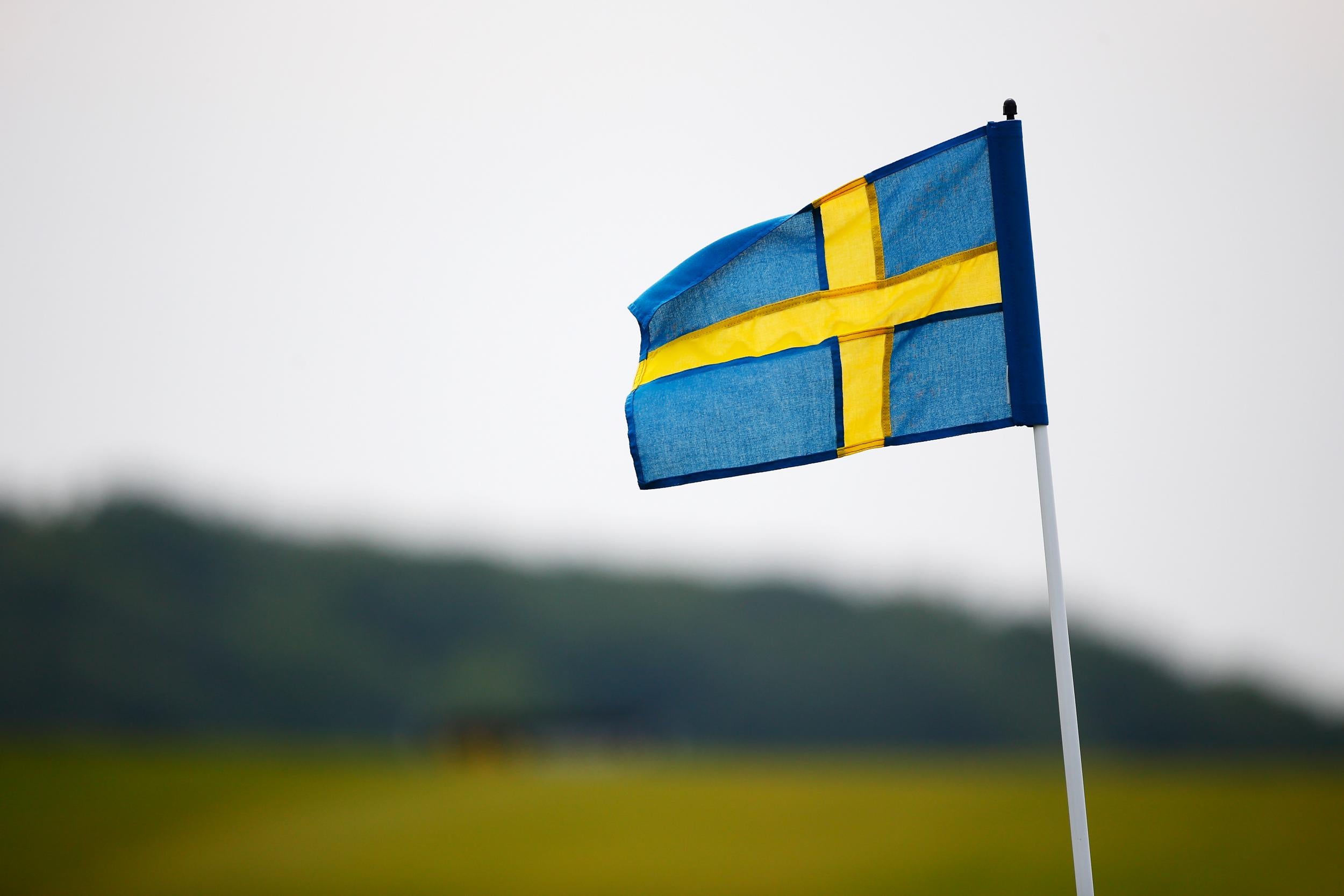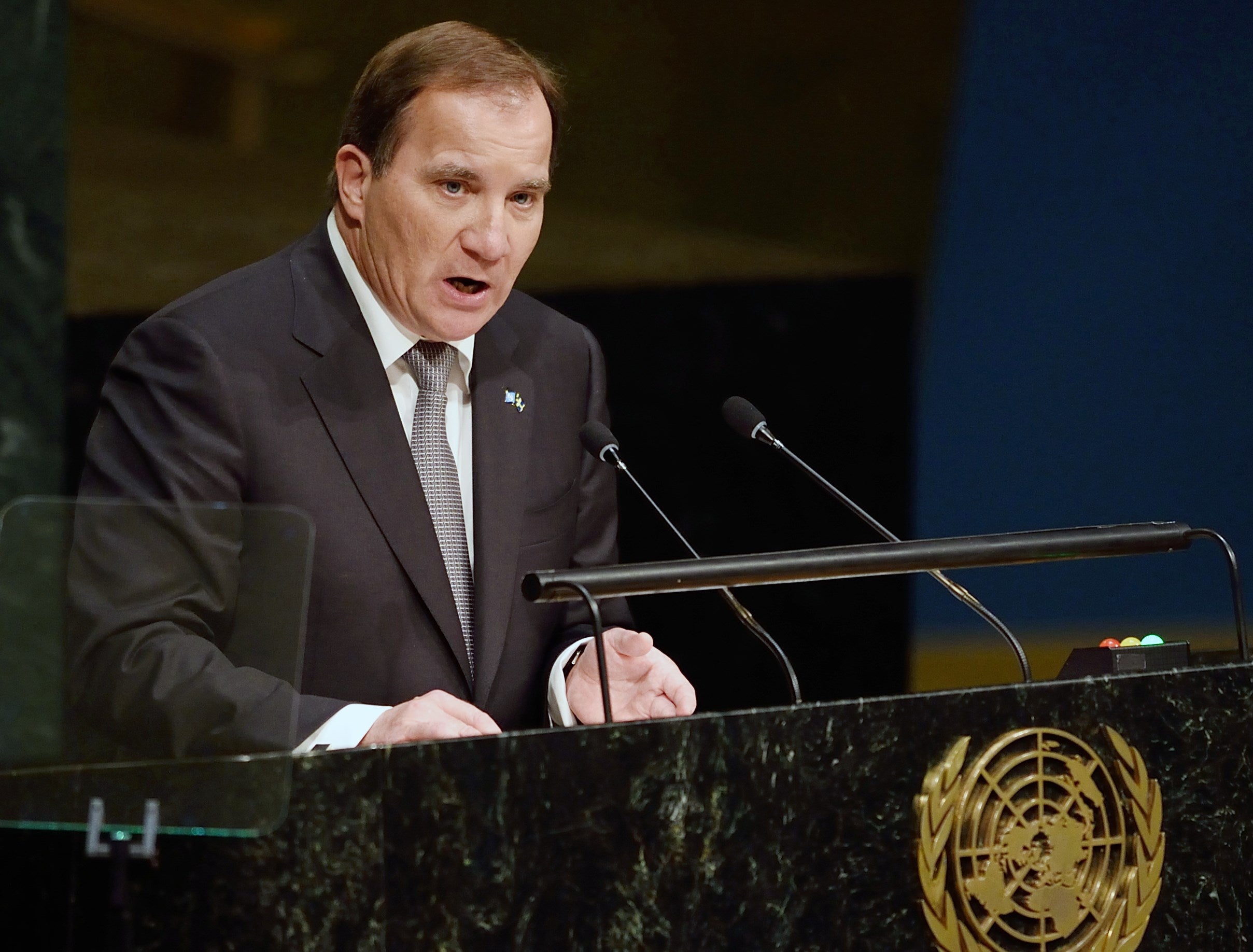Sweden wants to become the first fossil fuel-free country in the world - how will it work?
In the recent Swedish budget, the government announced an ambitious plan to invest in renewables and green energy

Your support helps us to tell the story
From reproductive rights to climate change to Big Tech, The Independent is on the ground when the story is developing. Whether it's investigating the financials of Elon Musk's pro-Trump PAC or producing our latest documentary, 'The A Word', which shines a light on the American women fighting for reproductive rights, we know how important it is to parse out the facts from the messaging.
At such a critical moment in US history, we need reporters on the ground. Your donation allows us to keep sending journalists to speak to both sides of the story.
The Independent is trusted by Americans across the entire political spectrum. And unlike many other quality news outlets, we choose not to lock Americans out of our reporting and analysis with paywalls. We believe quality journalism should be available to everyone, paid for by those who can afford it.
Your support makes all the difference.The Prime Minister of Sweden, Stefan Löfven, has announced that his country will work towards becoming "one of the first fossil fuel-free welfare states in the world," in a speech to the UN General Assembly.
The Nordic countries already lead the world in renewable energy, with Sweden generating around two-thirds of its electricity through renewable sources.
On one unusually windy day this July, Denmark produced 140 per cent of its electricity needs through wind power alone, exporting the rest of the energy to its neighbours, Germany, Sweden and Norway (one of the biggest oil producers in the world).
And almost 100 per cent of Iceland's electricity comes from renewable sources, due to its investment in hydropower and geothermal energy production.

However, making the jump to eradicating fossil fuels entirely in Sweden is a much more difficult task altogether. How will Sweden, an industrialised, developed country of 10 million people, manage to stop using fossil fuels in the next few decades?
In Sweden's autumn budget, announced in September, the government announced it would allocate 4.5 billion kronor (£356 million) next year to green infastructure - funding things like more solar panels and wind turbines, as well as cleaner public transport and a smarter energy grid and energy storage system.
50 million kronor (£4 million) annually will be spent on research into electricity storage, and 1 billion (£80 million) will be poured into upgrading residential buildings to make them more energy-efficient.
Beyond Sweden's borders, more money will be invested in green projects overseas, with 500 million kronor annually being invested in creating green infastructure in developing countries, which the government hopes will send an "important signal" to the West ahead of the UN climate change conference in Paris this December.
Sweden currently has a coalition government, lead by the left-leaning Social Democrats, who have dominated Swedish politics since the 1920s.
The other partner in the coalition is the Green Party, who were born out of the anti-nuclear power movement of the 1980s.
Several of Sweden's nuclear power stations are set for early closure, partly because they are old and unprofitable, but partly to speed the push towards renewables.
Sweden's recent budget policies, along with a more long-standing commitment to green energy, stands in stark contrast to the position of the UK government - which, following the last General Election, announced it would scrap renewable energy subsidies, encourage the development of fracking, and implement general cuts to funding for renewable technology.
In a speech to the Swedish Parliament in which he announced these green policies, Löfven said: "Children should grow up in a toxin-free environment - the precautionary principle, the removal of dangerous substances and the idea that the polluter should pay are the basis of our politics."
With the investment going into green energy and the no-nonsense positon of the government on polluters, Sweden is aiming to set an example to other countries at the upcoming UN conference.
Join our commenting forum
Join thought-provoking conversations, follow other Independent readers and see their replies
Comments